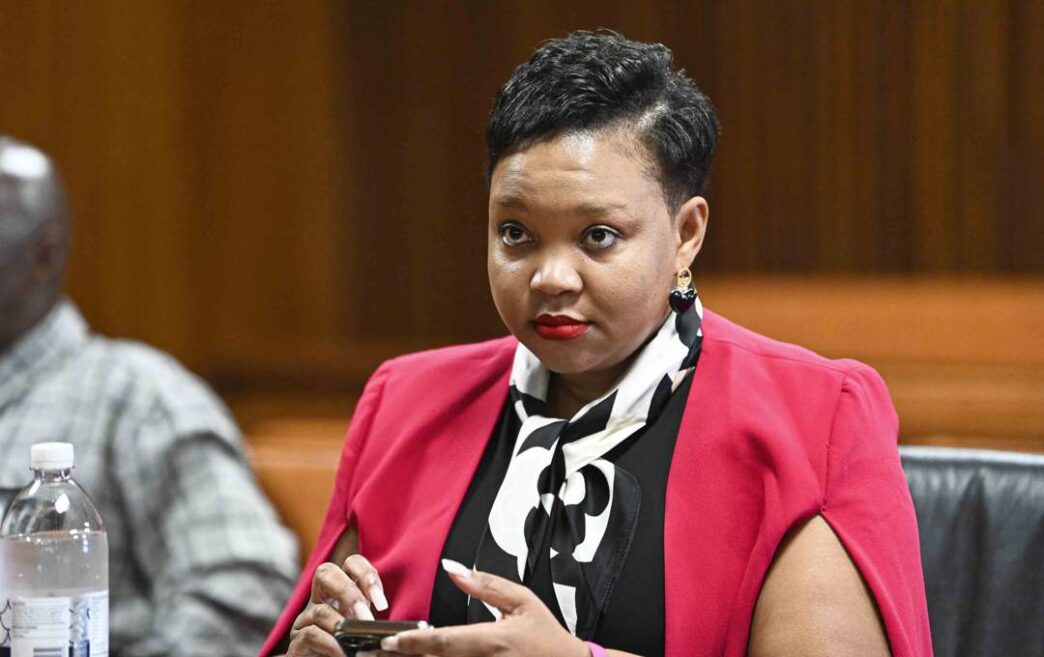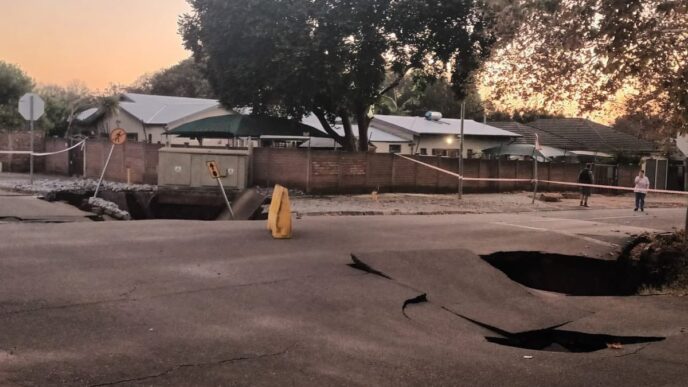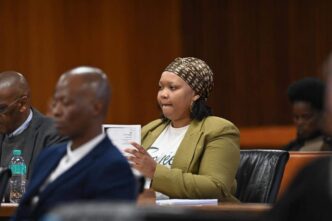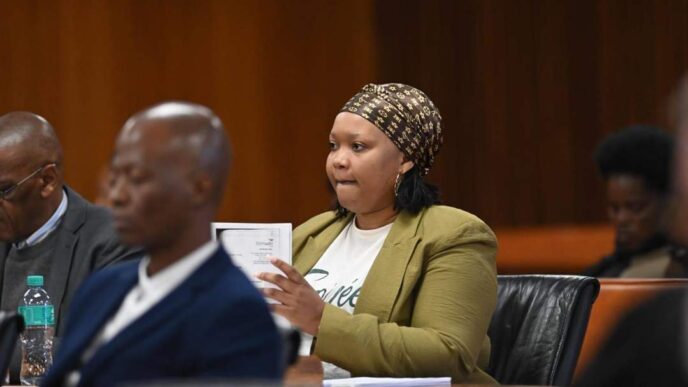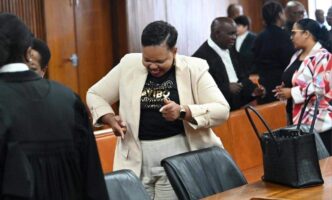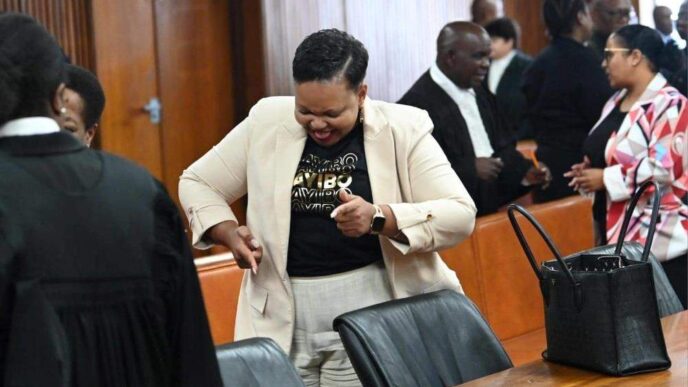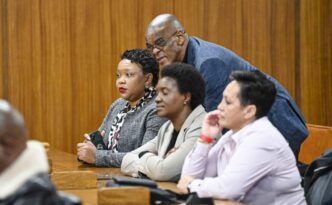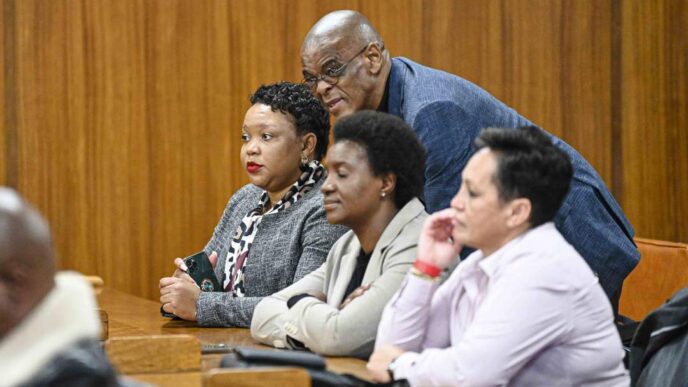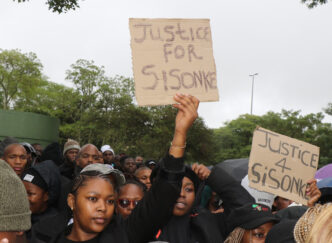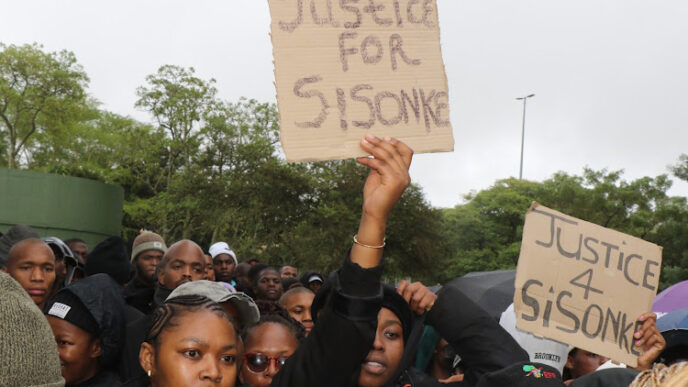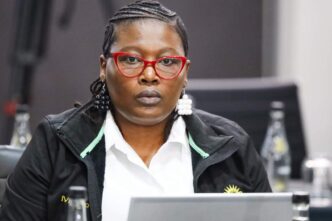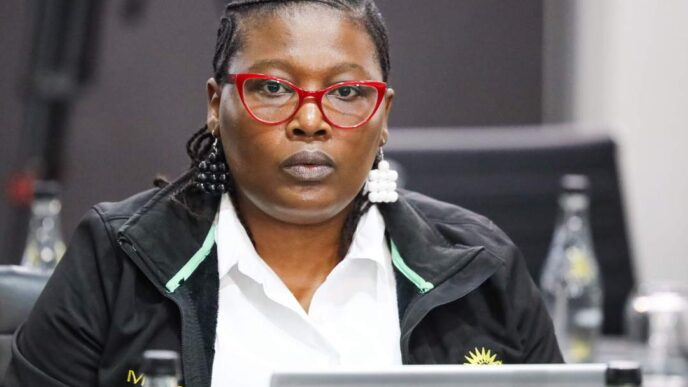The Free State High Court in Bloemfontein has ruled that jurisdiction over Moroadi Cholota, former personal assistant to embattled ANC leader Ace Magashule, is in doubt, citing her ongoing legal challenges to extradition from the United States. Cholota, who faces charges linked to corruption and fraud, had previously contested the lawfulness of her extradition and the court’s authority to proceed with her trial, arguing that procedural irregularities undermined the case against her.
The court’s decision to prioritize adjudicating her special plea —which questions the validity of the court’s jurisdiction—marks a significant procedural step. This follows earlier rulings where the court agreed to hear her plea before proceeding with the main trial, emphasizing the need to resolve jurisdictional disputes before advancing criminal matters.
Cholota’s legal team has argued that the original charges lack proper foundation, as key parties were not cited during the extradition process, rendering the court’s jurisdiction “unlawful”. Meanwhile, the National Prosecuting Authority (NPA) has dismissed these claims, asserting that procedural technicalities should not derail the case.
The ruling underscores broader debates over judicial authority in South Africa, where jurisdiction is defined as “the power vested in a court by law to adjudicate upon, determine and dispose of a matter”. If upheld, Cholota’s challenge could set a precedent for similar cases involving extradition and procedural fairness.
As the court prepares to deliver its final ruling on jurisdiction, the case highlights vulnerabilities in high-profile prosecutions and the delicate balance between legal rigor and institutional accountability.

